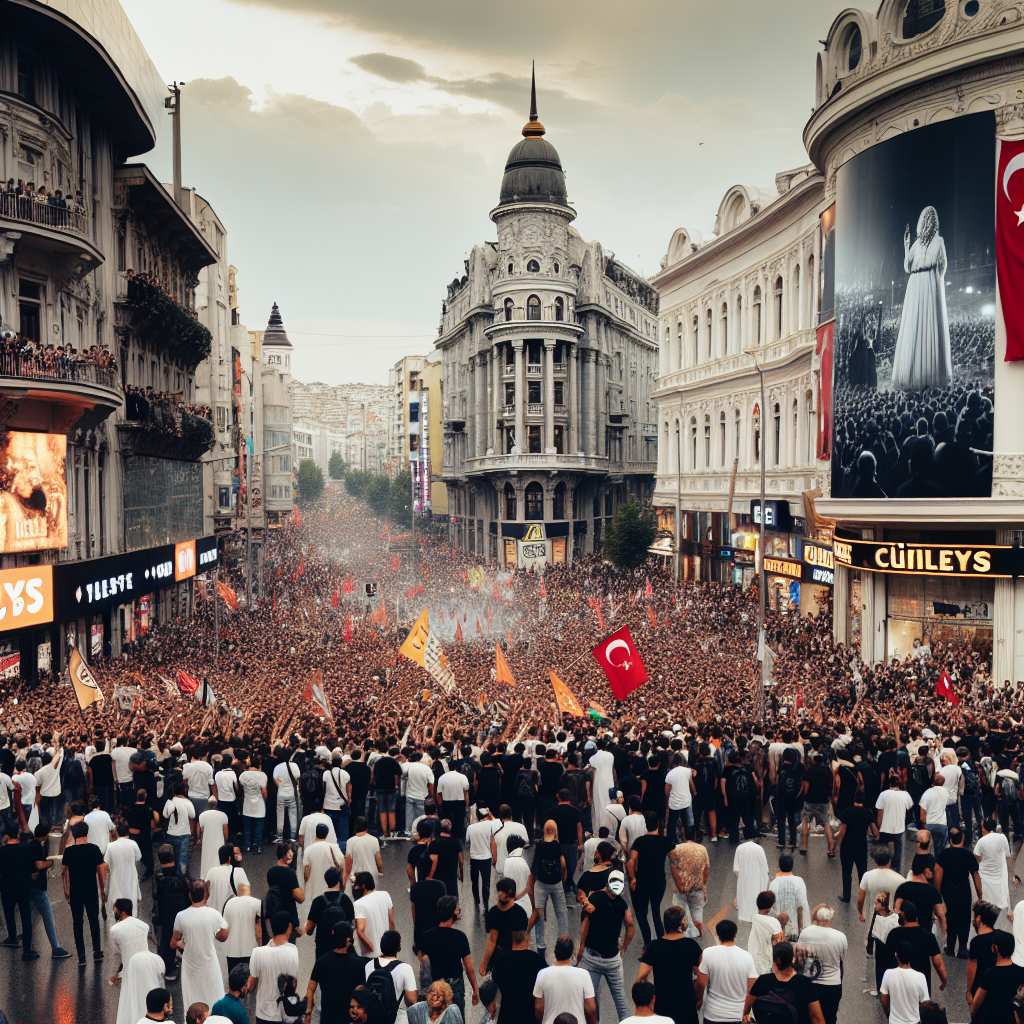Massive Protests Persist Over Ex-Istanbul Mayor’s Imprisonment in Turkey
Massive Protests Persist Over Ex-Istanbul Mayor’s Imprisonment in Turkey
Background of the Protests
The streets of Turkey have been engulfed in massive protests following the imprisonment of the former mayor of Istanbul. This development has sparked widespread outrage and drawn significant attention both domestically and internationally.
Key Reasons for the Protests
- Political Tensions: The imprisonment is seen as a politically motivated move, intensifying existing tensions between the government and opposition parties.
- Public Outcry: Many citizens view the former mayor as a symbol of democratic resistance, and his imprisonment is perceived as an attack on democratic values.
- International Reactions: The situation has attracted criticism from international human rights organizations, further fueling the protests.
Impact on Turkish Society
The protests have had a profound impact on Turkish society, highlighting deep-seated divisions and raising questions about the future of democracy in the country.
- Social Unrest: The protests have led to increased social unrest, with clashes between demonstrators and law enforcement.
- Political Dialogue: The situation has prompted calls for dialogue and reform from various political and civil society groups.
Government’s Response
The Turkish government has responded to the protests with a mix of crackdowns and calls for calm, but tensions remain high as the situation continues to evolve.
- Security Measures: Authorities have implemented strict security measures to control the protests.
- Official Statements: Government officials have issued statements defending the legal process and urging citizens to maintain order.
Conclusion
The ongoing protests over the ex-Istanbul mayor’s imprisonment underscore the deep political and social challenges facing Turkey. As the situation unfolds, the country’s commitment to democratic principles and human rights remains under scrutiny, with potential implications for its future political landscape.






































